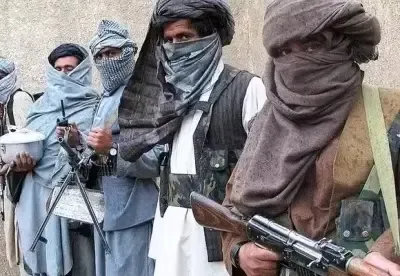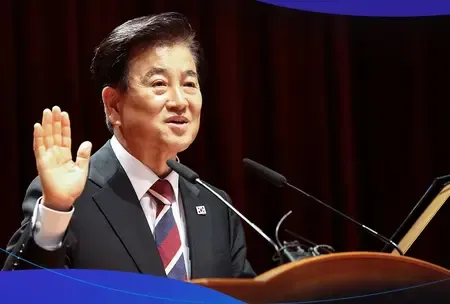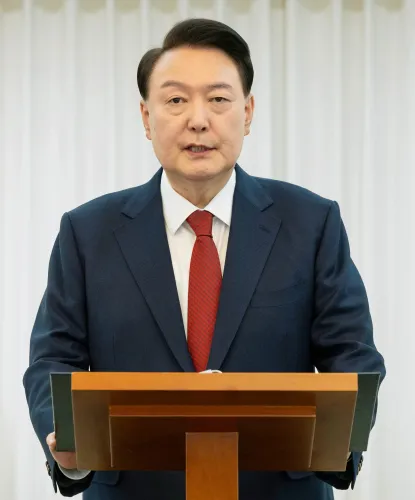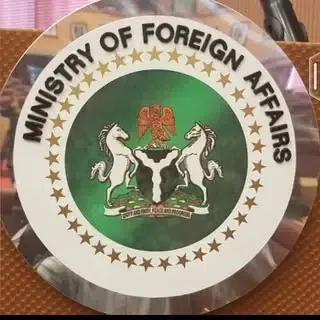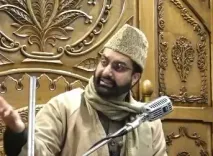Is the EU Delegation's Visit to Bangladesh a Sign of Europe's Double Standards on Human Rights?
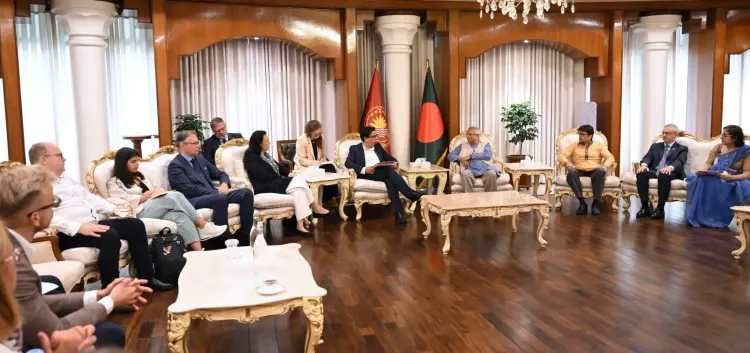
Synopsis
Key Takeaways
- The EU delegation's visit highlights concerns over human rights in Bangladesh.
- Political unrest is escalating as the Yunus administration suppresses dissent.
- The upcoming elections are crucial for Bangladesh's democratic future.
- International pressure may influence governance reforms.
- Economic challenges are exacerbating the humanitarian crisis.
Dhaka: The recent visit of a European Parliament's Subcommittee on Human Rights to Dhaka, which wrapped up on Thursday, coincided with a troubling period for Bangladesh as it grapples with a significant assault on democracy and fundamental rights under the leadership of the Muhammad Yunus-led interim government. The EU's five-member delegation was in the country from September 16-18 to evaluate governance reforms and the current human rights situation.
The delegation, comprising Members of the European Parliament (MEPs), was spearheaded by Mounir Satouri (Greens/EFA, France) and included Isabel Wiseler-Lima (EPP, Luxembourg), Arkadiusz Mularczyk (ECR, Poland), Urmas Paet (Renew Europe, Estonia), and Catarina Vieira (The Greens/EFA, The Netherlands).
On Thursday, the delegation met with Foreign Affairs Advisor Touhid Hossain after a previous meeting with Chief Advisor Yunus, who reiterated his administration's dedication to conducting a free, fair, and transparent election, dubbed a 'festive general election', in the early part of February next year.
“We have already announced the timeline for the election. It will be held in early February, just before Ramadan,” stated Yunus during the discussions.
As the EU members highlighted the significance of the upcoming election for the political landscape of Bangladesh, Yunus pledged to ensure the entire process remains clean and transparent.
This statement emerges amidst a backdrop where the Yunus administration has prohibited the activities of the Awami League under the Anti-Terrorism Act. The country's Election Commission has annulled the party's registration, and even showing support for the Sheikh Hasina-led party has been criminalized by the interim government.
Analysts argue that if the EU is genuinely committed, it should advocate for credible, free, fair, and inclusive elections in Bangladesh, leveraging its significant influence on the Yunus government to demand immediate corrective measures.
The administration has resorted to arbitrary detentions targeting perceived political adversaries and has failed to implement systemic reforms to safeguard human rights.
Today’s Bangladesh embodies a complicated scenario interwoven with domestic politics, personal rivalries, and international pressures. Operating in a legally dubious manner, Yunus enjoys backing from the US and the West, with a cadre of advisors at the heart of this turmoil. These advisors seem to prioritize an ambitious reform agenda over the essential need for timely elections, which are the cornerstone of any democracy.
The Awami League continues to be a formidable political entity, posing a considerable threat to other factions aligned with the Yunus administration, including the Bangladesh Nationalist Party (BNP), Jamaat-e-Islami (JeI), and National Citizens Party (NCP), all of which are apprehensive about a fair electoral contest.
The de-registration of the Awami League and the ongoing harassment of its allies have significantly undermined trust in the democratic process.
Recently, there has been a surge in political violence, highlighted by the attack and subsequent arson of the Jatiya Party office on September 5.
Yunus is determined to eliminate the Awami League, regarded as the only voice advocating for the Liberation of Bangladesh.
The current reality starkly contrasts the notion of good governance. Bangladesh is engulfed in turmoil, with ominous signs of a deepening economic crisis. The national poverty rate is projected to reach 28 percent by 2025, up from 18.7 percent in 2022. Daily survival has become an arduous challenge for the populace, yet the Yunus government continues to shield syndicates while neglecting the vulnerable.
With unemployment in Dhaka soaring to 680,000, an astonishing 84 percent of the workforce remains trapped in the informal sector, devoid of social protection or fair wages. In rural regions, this figure rises to 87.58 percent. Bangladeshis face a future riddled with insecurity and uncertainty. Under Yunus and his ineffective administration, the nation’s economy, youth, and culture are at risk, driving millions toward despair.
(The writer is a specialist in South Asia and Eurasia, previously associated with the Manohar Parrikar Institute for Defence Studies and Analyses. The views expressed are personal.)


